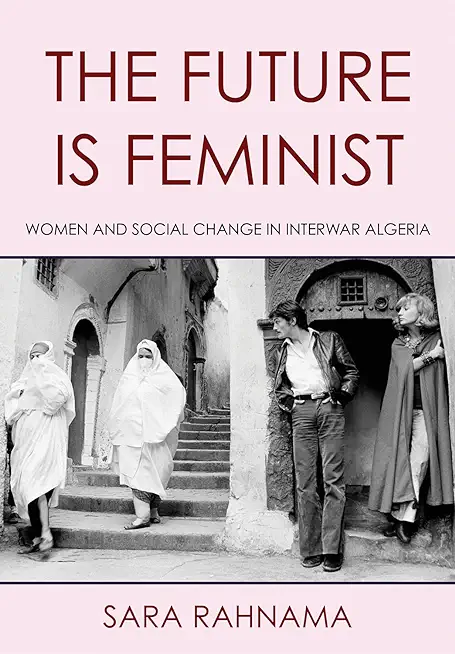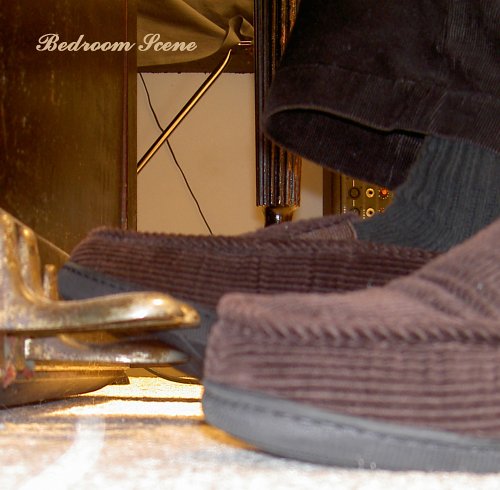
Rahnama, Sara
Rahnama describes how Algerians took inspiration from Middle Eastern developments in women's rights. Empowered by the Muslim reform movement sweeping the region, they read Islamic knowledge with new eyes, even calling Muhammad "the first Arab feminist." They compared the blossoming women's rights movements across the Middle East and this history of Islam's feminist potential to the stifled position of Algerian women, who suffered from limited access to education and respectable work. Local dynamics also shaped these discussions, including the recent entry of thousands of Algerian women into the workforce as domestic workers in European settler homes.
While Algerian people disagreed about whether Algeria's future should be colonial or independent, they agreed that women's advancement would offer a path forward for Muslim society toward a more prosperous future. Through its use of Arabic-language sources alongside French ones, The Future Is Feminist moves beyond Algeria's colonial relationship to France to illuminate its relationship to the Middle East.







